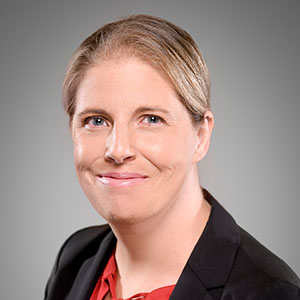Advocacy Priorities
Our brain trauma roadmapping efforts in both post-traumatic stress disorder (PTSD) and traumatic brain injury (TBI) have demonstrated that meaningful investment in brain health is needed to advance diagnostics and treatments.
CVB advocates for sustainable and predictable growth of the NIH budget over the long term, including targeted funding for brain trauma-related disorders in an amount that is commensurate with the actual disease burden and reflects priority areas identified in our roadmapping efforts. We also support robust and continued funding for the BRAIN Initiative and a call-to-action that all data from the BRAIN Initiative be made openly accessible to the scientific community to advance progress.

Current treatment strategies for many brain diseases and disorders largely resemble “trial and error” and many diseases rely on a symptoms-based approach to diagnosis and treatment. In brain health, doctors need better tools to tailor treatments to the right patient and the right condition.
We support Federal funding that moves beyond an incremental approach to brain science, including funding deep phenotype cohorts to enable biomarker discovery, adaptive clinical trial designs and promoting data sharing to enhance discovery and development.

Accelerating research discovery—particularly in the field of brain health—requires researchers to build upon the best available scientific evidence in order to avoid needless starts and stops and duplicated efforts.
For these reasons, CVB advocates for policies that ensure best research practices based on proven approaches, which are implemented at all stages of the research process—from design to execution to reporting.
Through the implementation of best practices, we ensure all research is conducted to the highest standards and through an approach that ensures public confidence. In addition, CVB advocates for improved biomedical workforce training at all levels to protect the United States’ competitiveness as a scientific enterprise.

Our nation’s Veterans and service members need action for the brain trauma conditions that are taking their lives at record numbers — TBI and PTSD — collectively referred to as the invisible wounds of war.
Major federal investments have improved access to mental health care, but Veterans and service members need more treatment options.
Despite decades of promising research and more than $1.1 billion spent on clinical trials, no new drugs for PTSD and TBI have successfully advanced through clinical trials to achieve FDA approval. And the research pipeline for new devices and therapies is thin as many pharmaceutical companies long ago abandoned research into PTSD and TBI.
CVB advocates for policies and reforms to help close these research gaps to more effectively address the invisible wounds and bring new solutions for brain trauma to Veterans and service members.

Veterans Advisory Council
The Veterans Advisory Council (VAC) is comprised of senior leaders who have a deep, personal commitment to helping us discover new solutions for the invisible wounds of war. The VAC members share the perspectives, challenges, and needs of the Veterans community to inform CVB’s research and advocacy efforts that will help improve the health of Veterans. The VAC’s priorities are to increase awareness of brain trauma as a risk factor for suicide, reinforce legislation and other measures to advance evidence-driven approaches for the invisible wounds of war and serve as a voice by providing advice and strategic recommendations for CVB’s mission and objectives.
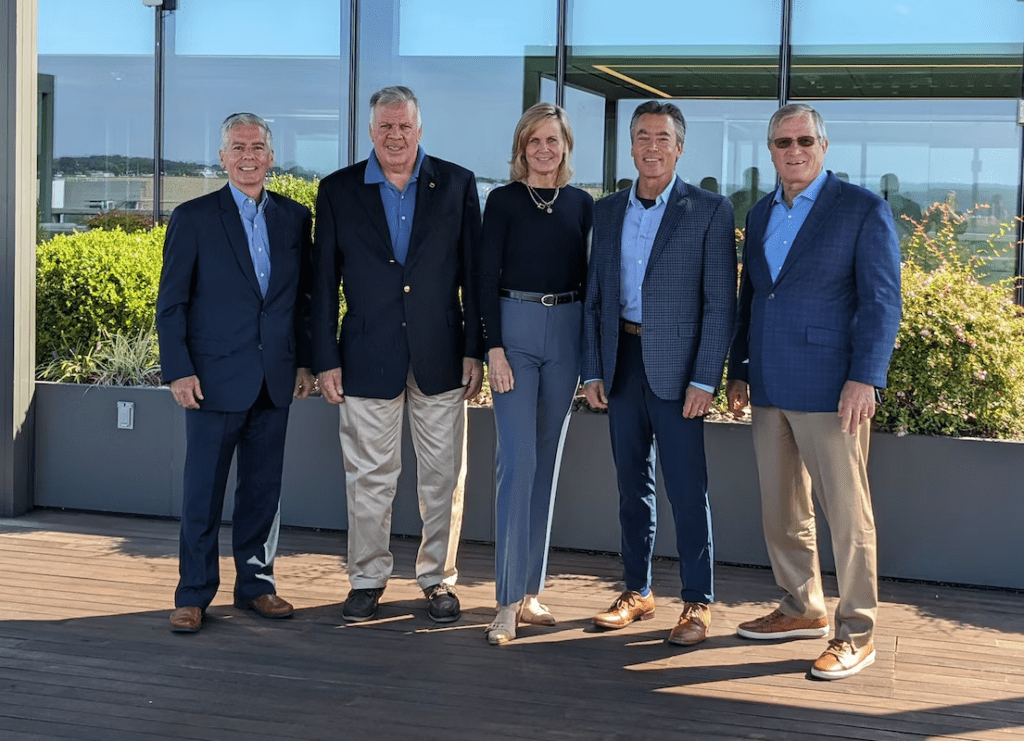
Coalition to Heal Invisible Wounds
Co-founded by Cohen Veterans Bioscience, the Coalition to Heal Invisible Wounds brings together leading non-profit organizations seeking to advance a comprehensive research-focused advocacy agenda to address the invisible wounds of war—PTSD and TBI—as well as to address co-morbid conditions such as pain and substance use disorders, which are known to dramatically increase the risk of suicide among Veterans and service members.
News and Events
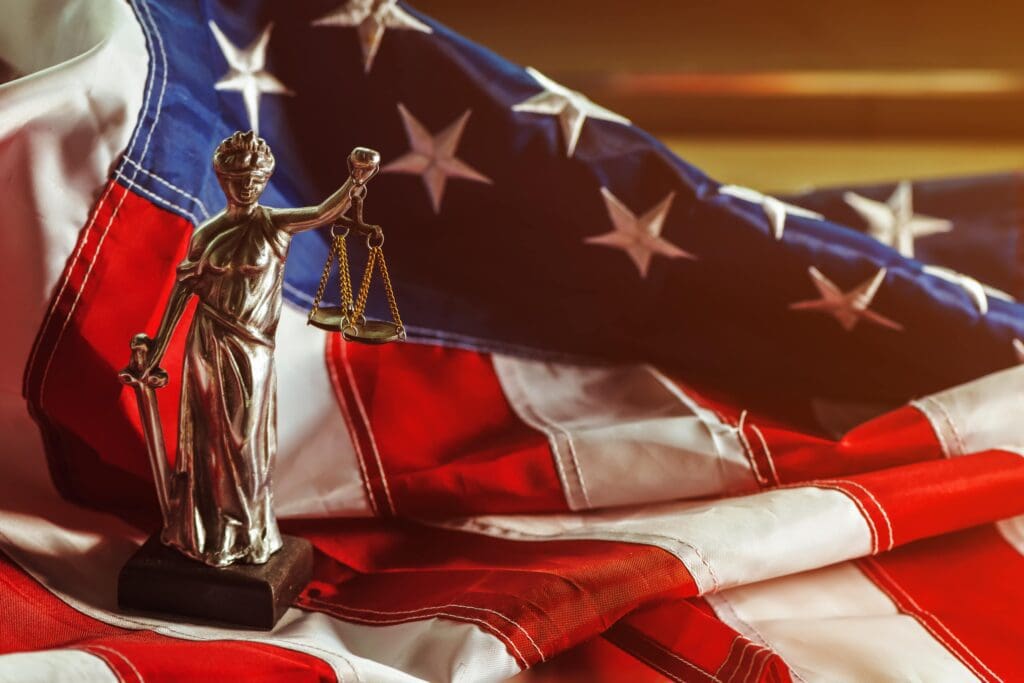
- News
Urge Congress to Support the Creation of an FDA Neuroscience Center of Excellence
- News
CVB Recommends a Prioritization of Research for the White House Suicide Prevention Plan
- News
A Path Forward: Identifying Solutions for Recognized Gaps in Traumatic Brain Injury Diagnostics and Treatment
- News
Update on the Commander John Scott Hannon Veterans Mental Health Care Improvement Act
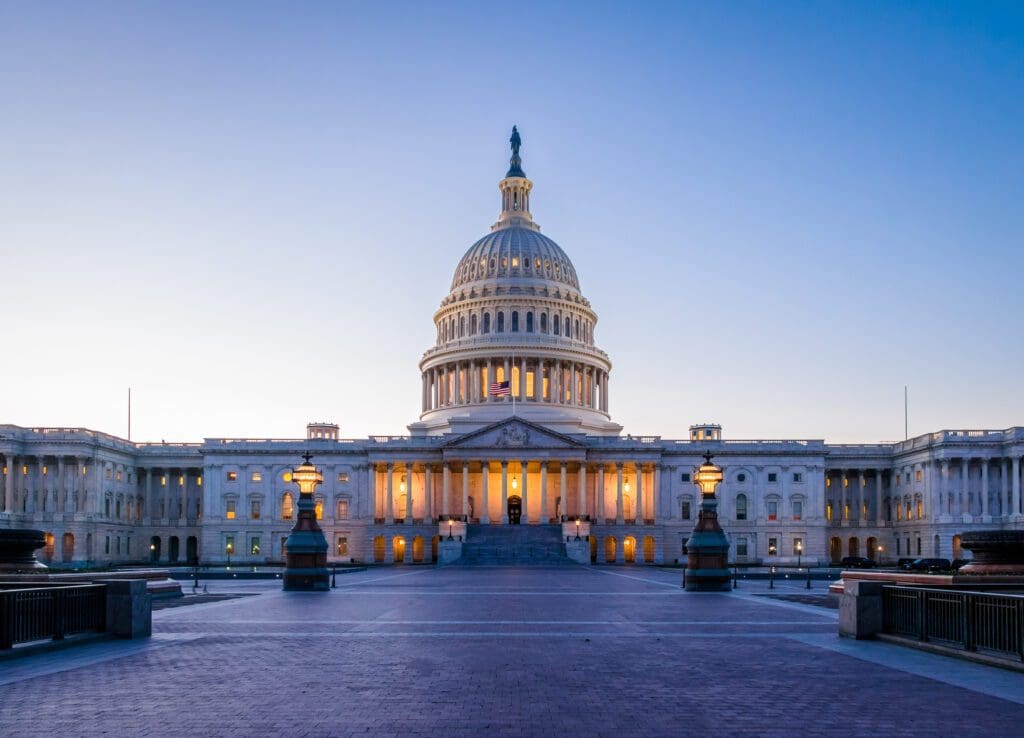
- News
How You Can Help Improve Mental Health Care for Veterans
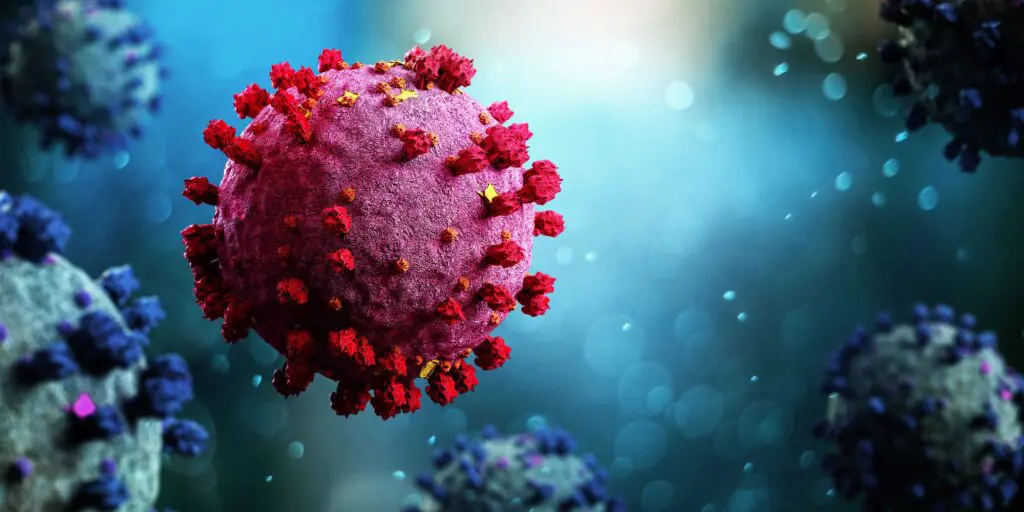
- News
CARES Act 2020 Brain Health Update

- News
Veteran Suicide Request for Information from the White House Office of Science and Technology Policy & the Department of Veterans Affairs
Urge Congress to Support the Creation of an FDA Neuroscience Center of Excellence
CVB Recommends a Prioritization of Research for the White House Suicide Prevention Plan
A Path Forward: Identifying Solutions for Recognized Gaps in Traumatic Brain Injury Diagnostics and Treatment
Update on the Commander John Scott Hannon Veterans Mental Health Care Improvement Act
How You Can Help Improve Mental Health Care for Veterans
CARES Act 2020 Brain Health Update
Veteran Suicide Request for Information from the White House Office of Science and Technology Policy & the Department of Veterans Affairs
Get the latest advocacy updates in our Newsletter
Have Questions? Interested in Learning More?
Contact our Director of Advocacy and Policy to learn more about how you can become involved with our advocacy efforts.
Dr. Chantelle Ferland-Beckham, Ph.D.
Senior Director, External Affairs
Contact via Email
